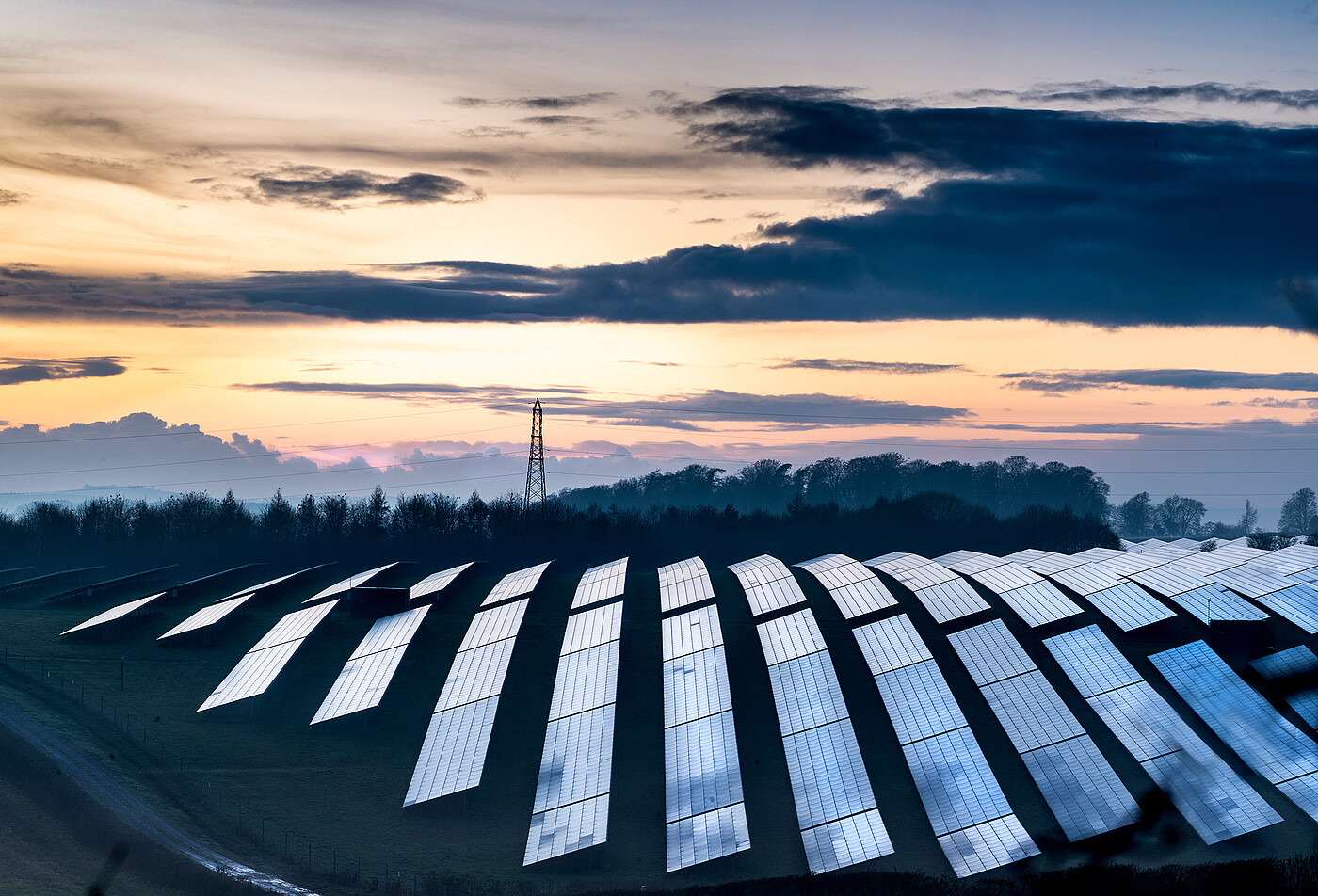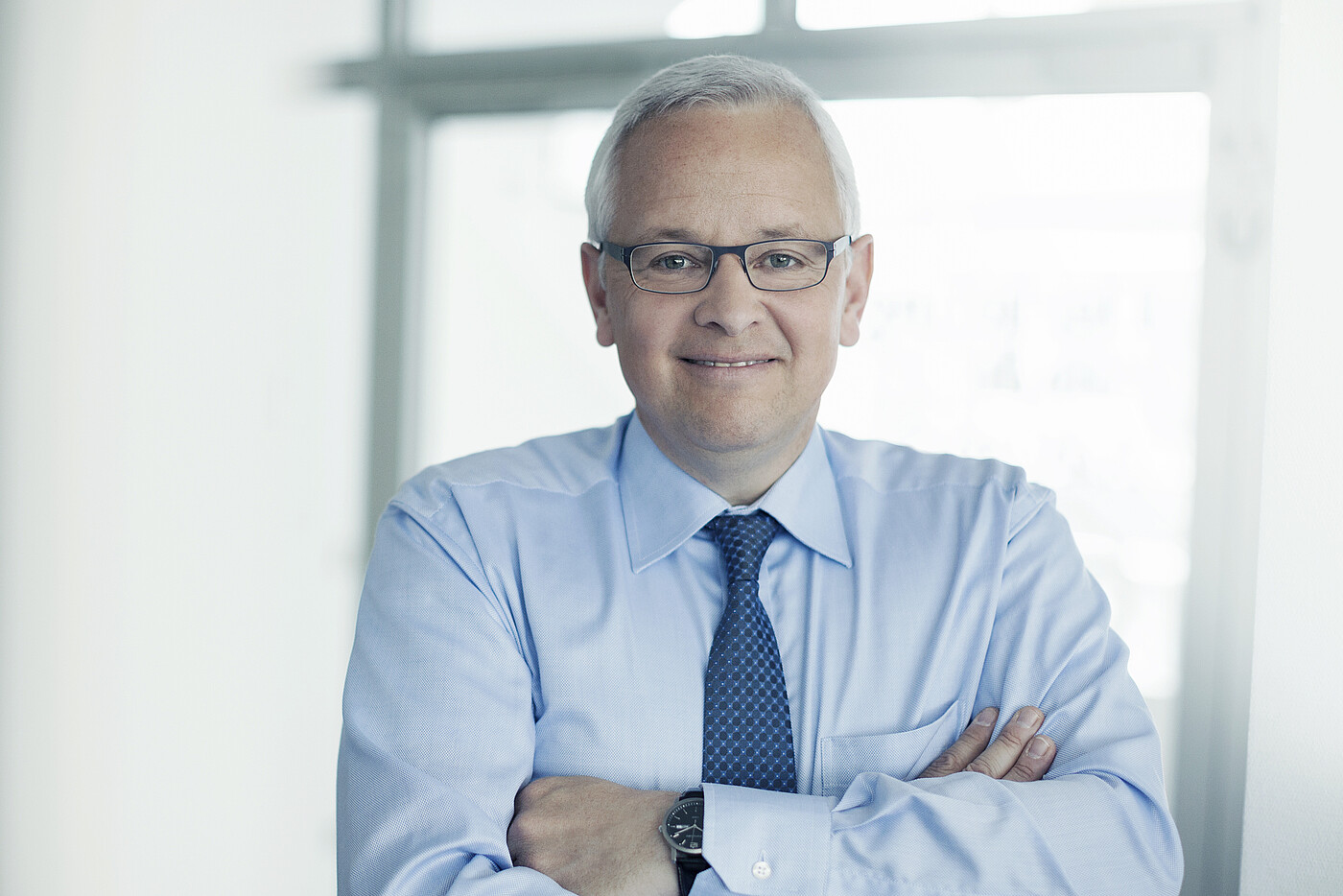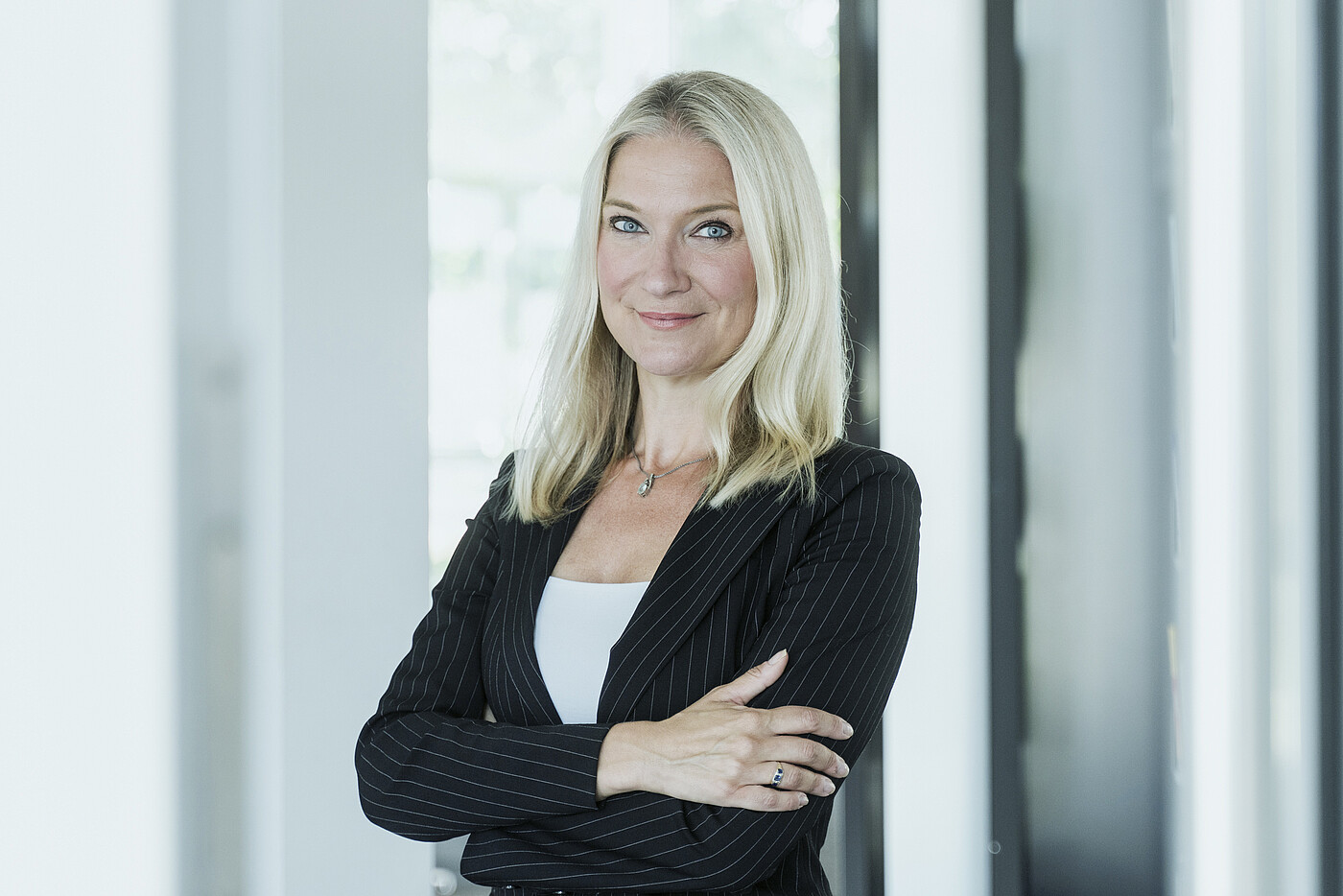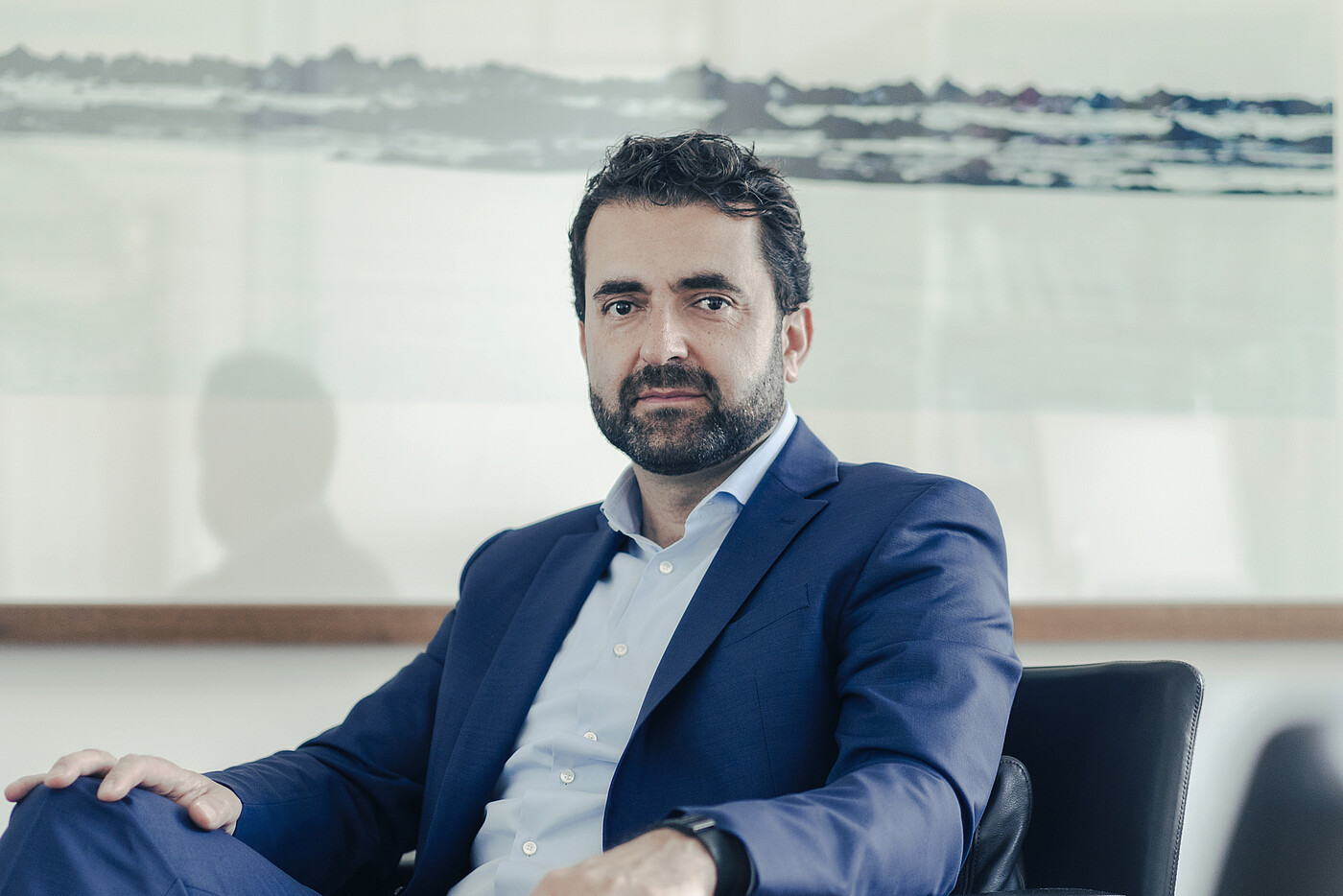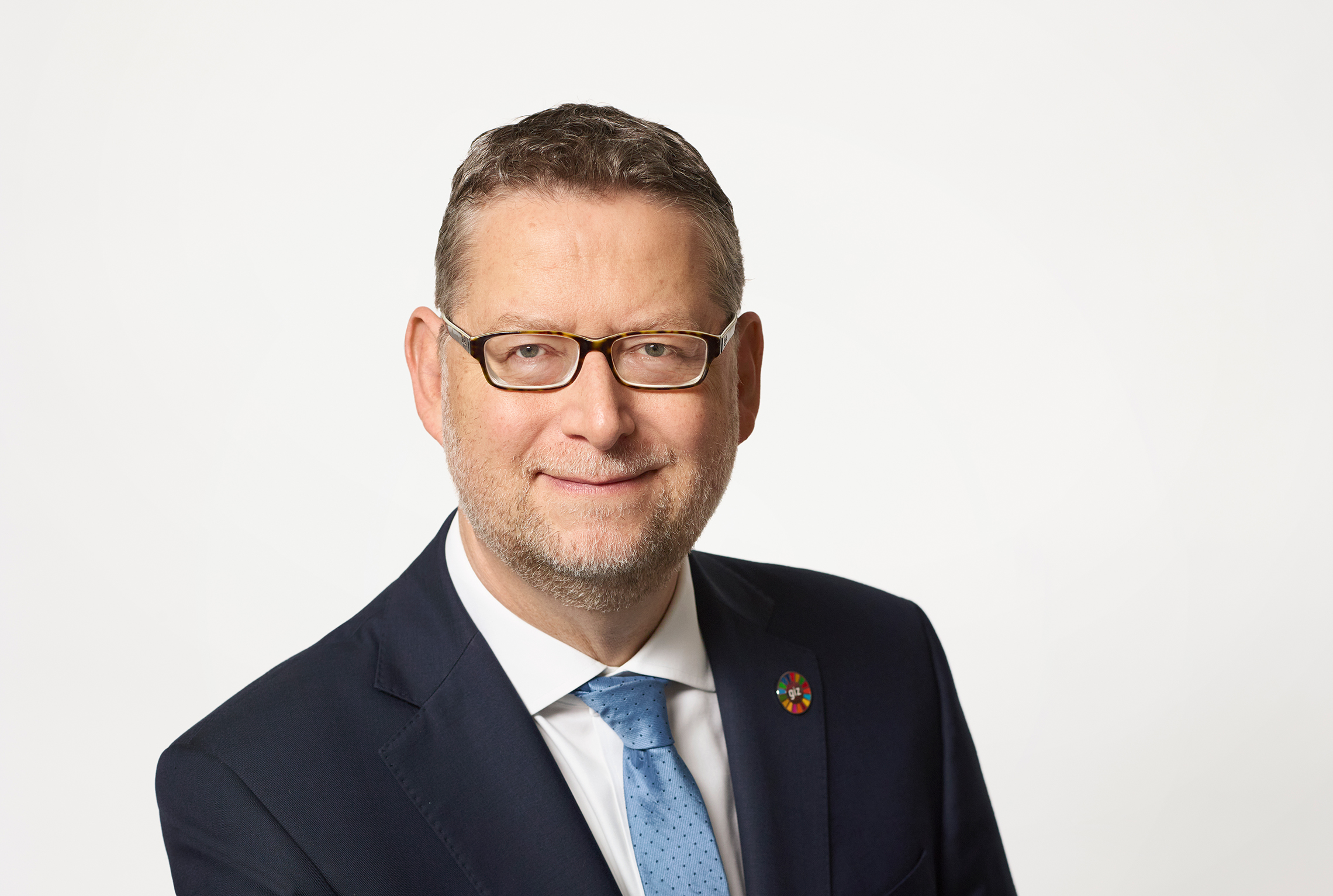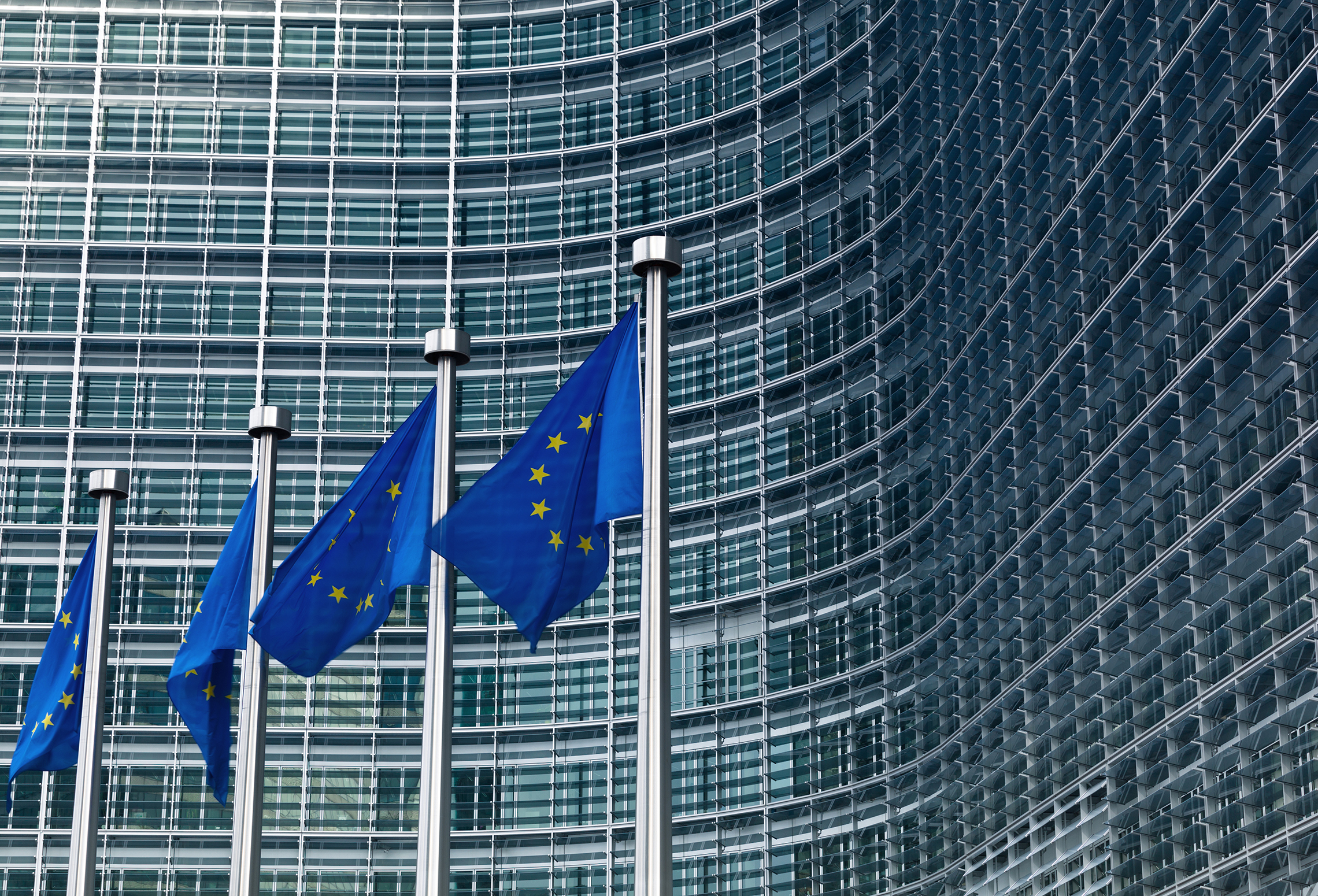By Volker Heck
Transformation processes are multi-layered and, more than anything else, they are not a one-way street. The recent Climate Summit in Egypt’s Sharm-el-Sheikh demonstrated this very clearly once again. While negotiations on carbon reduction progressed at a snail’s pace, two dozen new large-scale gas contracts were hammered out on the side-lines of the conference. But growing international protest by climate activists is also part of this fossil renaissance as they make clear just how socio-politically divided the situation is when it comes to climate change issues. Although criticism of some street blockades is justified, it is the West more than anywhere else that has not fulfilled any of its binding climate commitments since the 1992 Rio Conference. The criticism is justified, the way things are being addressed less so.
However, the results of our Civey survey, which Dario Schramm also refers to in his article, show how futile it is to assign simple explanations to the behaviour of young people. Although the media is headlining images of the “Last Generation” activists and their protests, the data shows a different, more polarised picture of Gen Z workers. Unlike in other age groups, there are no identifiable general opinions – making for a challenge for policy-makers, society and industry in terms of how to communicate with them.
Instead of long-planned accelerated climate action, since the beginning of Russia’s invasion of Ukraine current debate has been dominated by concern about secure and affordable energy supply. Our Civey survey shows that a majority of employees as well as employers and self-employed say that they assign very high priority to economic growth and a reliable energy supply. Across all age cohorts surveyed, these areas are currently more highly prioritised than achieving climate targets. Consequently, for the sake of a secure energy supply, many are also willing to procure fossil-fuelled energy from countries that are facing criticism for breaches of human rights. It is not difficult to imagine what the responses to such a question would have looked like just one year ago.
This tension between security of supply and climate protection has a similar effect on representatives and leaders from government and companies alike. While Federal Economics Minister Habeck has had to search for alternatives to Russian gas, primarily internationally, since February 2022, also in Qatar, company leaders must decide how to deal with the promised and legislatively mandated climate goals in the face of the gas crisis. Thorsten Schäfer-Gümbel, Board spokesperson for the state-owned Society for International Cooperation (Gesellschaft für Internationale Zusammenarbeit – GIZ) takes a clear position on this in our interview. He warns against losing sight of the larger transformation issues of our times, such as climate change, by focussing too much on temporary concerns. This will only intensify the problems and make them even more expensive.
There is only one way out of the dilemma of a temporary increase in demand for fossil-fuelled energy and the legally mandated target of achieving climate neutrality by 2045 in Germany, and that is to step up the speed of investment in renewable energies and make much stronger efforts to save energy. This is the only way for the energy transition to succeed and it is the only way to achieve peace between the newly created frontlines in society. For their part, companies must address the following area of tension in societal discourse: Emphasising the specific contribution they are making to climate action by presenting binding and multi-year commitments and clearly communicating how their actions concurrently contribute towards increasing security for supply chains, value creation, jobs and energy supply. After all, transformation processes are multi-layered and require explanation more than anything else.
Our company was founded based on the core mission to provide consulting services to companies to help them shape their transformation via communications. And this remains in our DNA to this day.
In our Transformation Quarterly (TQ), we offer you a look into what we do, give key stakeholders a platform and provide food for thought – all backed up by exclusive data from the Civey survey institute. If you are interested in the important transformation themes of our time, please sign up here for the TQ (available in German only).
Photo: iStock.com/Neil Bussey

 LinkedIn
LinkedIn
 Twitter / X
Twitter / X
